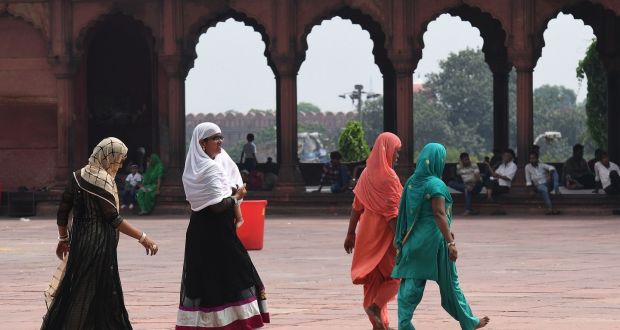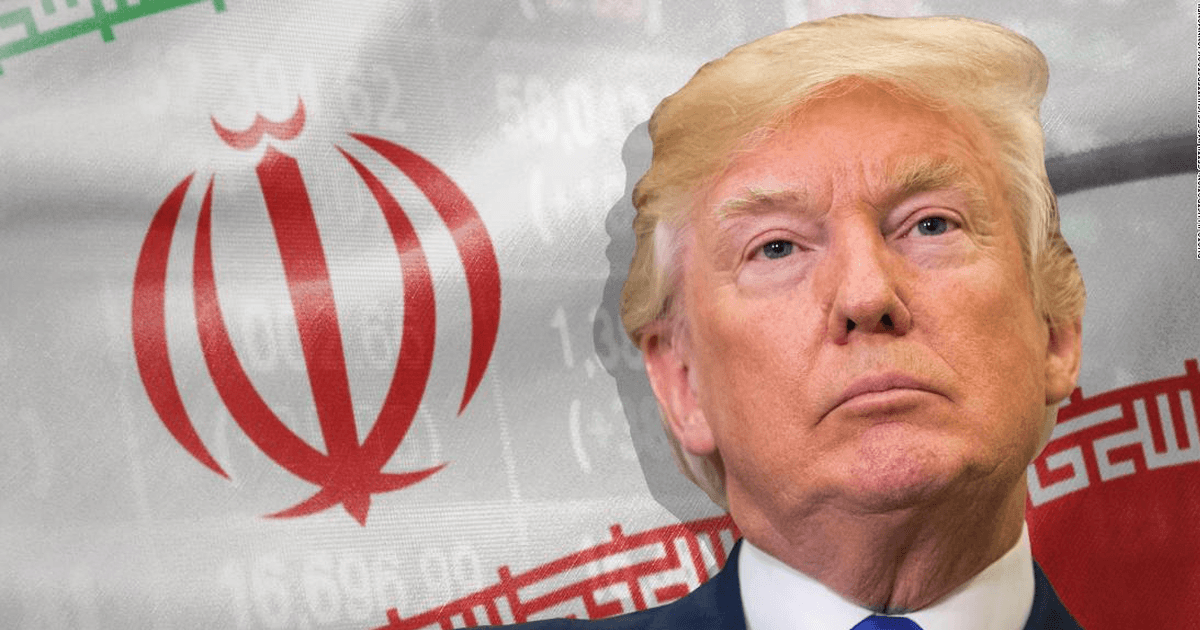News Analysis |
It took the Supreme Court more than three months to draft a 395-page judgment. The verdict was the result of a 3 against 2 victory where 3 judges voted against the validity of this religious practice, which was being practiced in India. Pakistan abolished the practice in 1961.
Read more: India’s Supreme Court denies abortion for 10-year-old girl
The woman who fought with an ideology
Shayara Bano became a victim of triple Talaq when her husband sent her a letter with the word “talaq” written thrice thus resulting in their divorce. Since then she had been facing the harsh reality of the stereo typical society which tends to target such women. Divorced women are looked down upon by the society not because of religion but because of the mindset of the subcontinental people. Shayara Bano faced that and decided that this practice was not something that she would want her daughter to face in the future. Yesterday marked the day that she will always remember because she had helped, to a certain extent, countless women in the country who face this problem daily.
Now that Shayara Bano has won her first battle, she is looking towards the next one which is to gain custody of her children. She has also taken admission in a university to complete her MBA so that she can provide sufficiently after she does get custody of her children.
Shayara Bano who was already in a state of shock had her two children taken away from her, and no matter how hard she tried she was not allowed to see them. She went to ask a religious cleric about the situation and got turned down. This forced the now single mother who has a degree in Sociology to challenge this practice. This made her a target of the scrutinizing society which made her have nervous breakdowns and thus she had to be treated for depression.
Now that Shayara Bano has won her first battle, she is looking towards the next one which is to gain custody of her children. She has also taken admission in a university to complete her MBA so that she can provide sufficiently after she does get custody of her children.
Read more: Is India moving towards a civil war?
Understanding Talaq
There are three types of divorce. The first being Ahsan the second being Sunnah and the third and the topic of this discussion is Bidah.
Justice Khehar, whose judgment was the most detailed (272 pages) explained that courts are not supposed to find fault with provisions of personal law, which are based on beliefs, not logic. He further explained that Personal law is beyond judicial scrutiny.
The Ahsan, the most preferred form of divorce, is to make one pronouncement of divorce to one’s wife, in an interval between menstruations (Tuhr), in which no sexual intercourse with the wife has taken place. After which she is left until her waiting period (Iddah) is over.
The Sunnah form of divorce is to pronounce three divorces in three separate intervals of Tuhr, in which no sexual intercourse with the wife has taken place.
Justice Joseph explained in his judgment that since triple divorce is not mentioned in the Quran, it is not a part of Sharia and thus could not be enforced under the Shariat Act.
And finally, the Bid’ah (sinful and unlawful innovation) divorce consists of either making a pronouncement of divorce during the woman’s menstruation period (Haid) or to pronounce two or three divorces at once or to issue a divorce in a Tuhr (purity) in which sexual intercourse with the wife took place.
Understanding the Supreme Court verdict
With a 3:2 majority, the SC bench declared the practice “un-Islamic, retrograde, unworthy” and said that it “violates right to equality”. Article 25 of India’s Constitution grants the right of religion as a fundamental right, the question arises whether triple divorce is a fundamental religious right.
Justice Nariman held that instant triple talaq not preceded by any effort at reconciliation is unconstitutional since it contradicts the right to equality.
Justice Khehar, whose judgment was the most detailed (272 pages) explained that courts are not supposed to find fault with provisions of personal law, which are based on beliefs, not logic. He further explained that Personal law is beyond judicial scrutiny.
Read more: How Orientalism Pitted Hindus against Muslims in India?
Justice Joseph explained in his judgment that since triple divorce is not mentioned in the Quran, it is not a part of Sharia and thus could not be enforced under the Shariat Act.
With the “instant Talaq” now “unconstitutional”, it is now up to the legislature to develop a law to accommodate or to abolish this practice completely.













